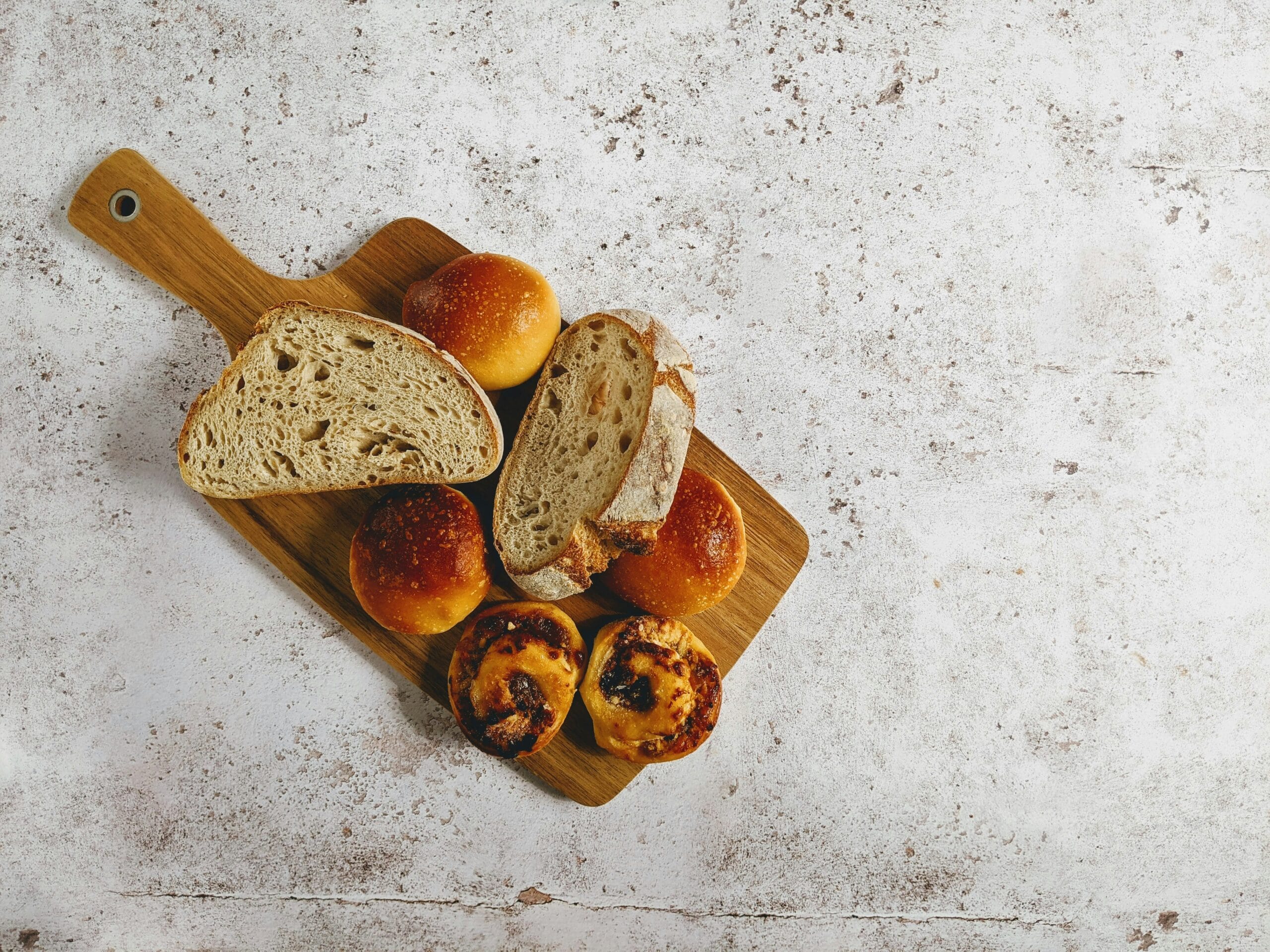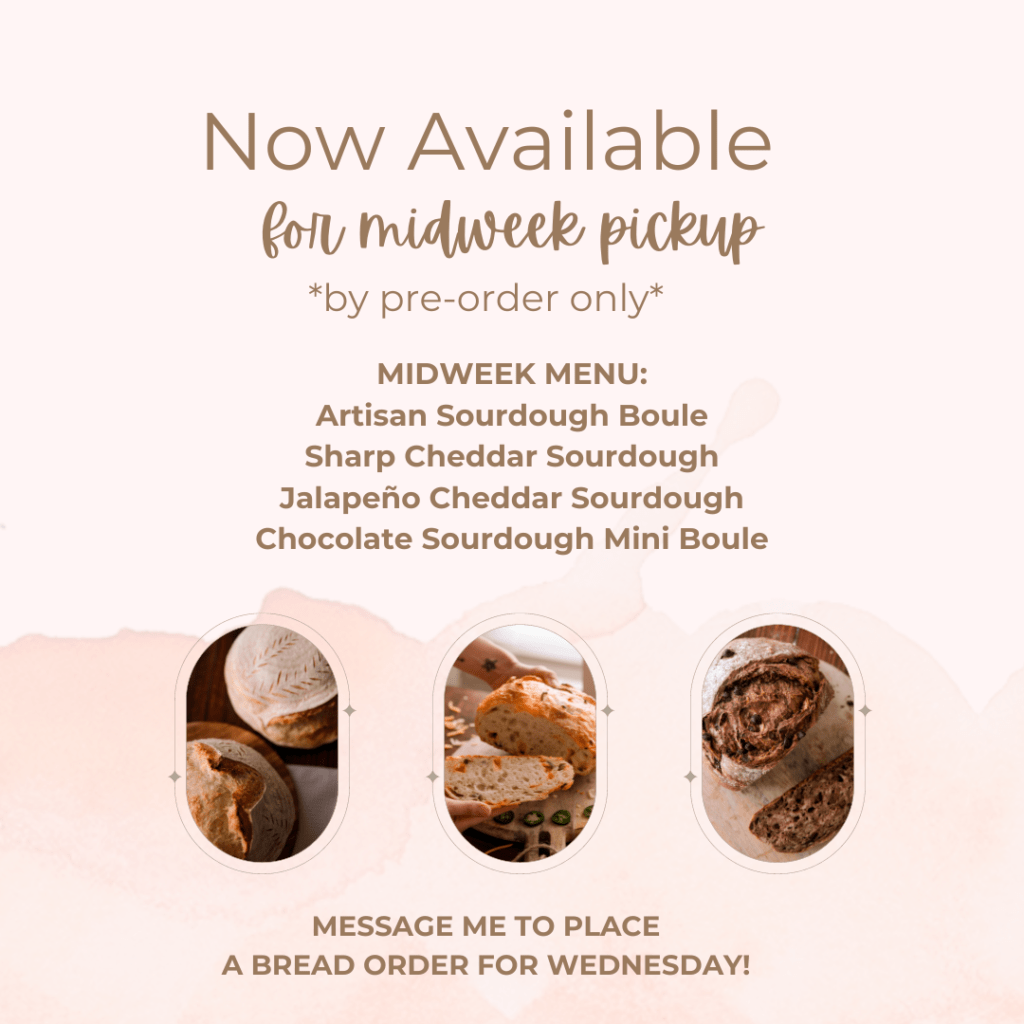The Unique Benefits of Sourdough Bread
Sourdough bread stands out not only for its distinct taste and texture but also for its unique health benefits. One of the primary advantages of sourdough is its lower glycemic index compared to many conventional bread types. The fermentation process involved in making sourdough utilizes naturally occurring bacteria and wild yeast, resulting in a product that releases glucose into the bloodstream more slowly. This characteristic makes it a suitable option for individuals looking to manage blood sugar levels effectively.
Furthermore, sourdough bread showcases improved digestibility. The long fermentation process helps breakdown gluten, which may make sourdough more tolerable for those with mild gluten sensitivities, although it is essential to note that it is not gluten-free. Additionally, the fermentation enriches the grain, increasing nutrient availability. Important minerals like magnesium, potassium, and zinc are better absorbed thanks to the reduction of phytates, which often inhibit mineral absorption in regular bread. This enhanced nutrient bioavailability is a compelling reason for incorporating sourdough into one’s diet.
The potential probiotic content of sourdough is another noteworthy feature. During fermentation, beneficial bacteria multiply and can support gut health, contributing to a balanced microbiome. Although most of these probiotics may not survive the baking process, the prebiotic fibers present in sourdough can still facilitate the growth of beneficial gut bacteria post-consumption.
Beyond the physical health benefits, the artistry and skill required in sourdough baking offer a rewarding experience for home bakers. The meticulous process fosters creativity and encourages experimentation, allowing bakers to connect with their culinary heritage. For many, baking sourdough is not just about producing bread, but rather an enriching journey that cultivates patience and joy in the kitchen.
Introducing ‘Josie’: The Sourdough Starter
In the world of sourdough baking, the starter acts as the heart and soul of the process, and mine is affectionately named ‘Josie.’ This unique sourdough starter came into existence through a combination of flour and water, the two essential ingredients that set the stage for fermentation. The journey began with a simple mixture of equal parts all-purpose flour and filtered water, which was lightly stirred to create a thick paste. Over the next few days, I observed as the natural yeast present in the flour began to flourish, bringing Josie to life.
Cultivating Josie required not only time but also careful attention. Each day, I would feed the starter with additional flour and water, encouraging the yeast to multiply and develop its characteristics. The feeding ratio employed was one part starter to one part flour and one part water, which fostered a balanced diet for the microorganisms. Throughout this process, I marveled at the transformation taking place; Josie bubbled and expanded, displaying a personality that seemed to emanate with each rise and fall.
Maintaining Josie has proven to be a labor of love. I have created a routine around it, ensuring she is nourished and cared for on a regular basis. Keeping the environment stable is crucial for her growth; I typically store Josie in a warm spot in my kitchen, allowing her to thrive. Over time, I have learned to recognize subtle changes in her texture and aroma, indicative of her readiness for baking. Josie is no ordinary starter; she embodies resilience and care, serving as a reminder that diligent attention yields flavorful rewards. Each loaf produced with her essence carries a part of our shared journey as I continue to explore the transformative power of sourdough baking.
Baking as a Healing Journey
Baking, particularly the art of crafting sourdough bread, has long been celebrated not only for its culinary merits but also for its emotional and psychological benefits. In today’s fast-paced world, individuals often find themselves grappling with stress, anxiety, or feelings of disconnection. Engaging in the act of baking can provide a much-needed retreat, allowing them to concentrate on a tangible task that leads to a satisfying end product. The tactile experience of kneading dough and the sensory delights of watching it rise can serve as a powerful form of therapy.
The process of sourdough baking demands patience and attention, qualities that are often in short supply during turbulent times. As one measures ingredients and follows the careful rhythm of feeding the starter, there develops a sense of routine and structure, which can be healing. The gradual transformation of simple flour and water into a vibrant loaf of bread symbolizes growth and achievement, empowering individuals to feel a sense of purpose amidst life’s unpredictability.
On a personal note, throughout various challenging phases in my life, sourdough baking has been a source of solace and joy. I vividly recall a period marked by uncertainty; during that time, I turned to my kitchen to process emotions through the act of baking. Each loaf represented not merely sustenance but a commitment to my well-being. The rhythmic motions required in kneading the dough became a meditative practice, allowing me to clear my thoughts and focus on the present moment. The aroma of freshly baked bread infused my living space with warmth, fostering connections with family and friends as we shared in the fruits of my labor.
Ultimately, the journey of baking sourdough transcends mere food preparation; it becomes a profound means of self-discovery, healing, and resilience, enabling individuals to navigate life’s challenges with a renewed sense of positivity and hope.
The Ongoing Journey of Sourdough Baking
The journey of sourdough baking is an evolving process that extends beyond the simple act of making bread. Each loaf created represents growth, not only in skill but also in personal development. As one delves into the intricacies of sourdough, from nurturing a starter to mastering various techniques, the experience fosters patience and resilience. This gradual progression transforms baking into a form of self-care, where the rhythmic act of kneading and the aromatic pleasures of baking can offer solace in an often hectic world.
Moreover, experimenting with sourdough opens a gateway to creativity. Each individual starter possesses distinct characteristics influenced by the local environment, which encourages bakers to embrace their uniqueness. This variability leads to endless opportunities for innovation in flavor and technique, empowering bakers to tailor their creations to their personal tastes and preferences. Whether one decides to incorporate different flours, experiment with hydration levels, or explore various fermentation times, the possibilities are boundless.
Another significant aspect of this journey is the sense of community that sourdough baking cultivates. Engaging with fellow bakers through online platforms or local gatherings fosters a supportive network where experiences can be shared, advice can be exchanged, and friendships can form. The act of sharing one’s sourdough journey—complete with successes and inevitable flops—reinforces the idea that baking is not merely a solitary activity but a collective experience that brings people together. This connection enhances both the joy of baking and the motivation to continue developing one’s skills.
As one embarks on this ongoing journey, it is essential to approach it with an open heart and a willingness to learn. By experimenting with a personal sourdough starter and engaging with the baking community, each journey becomes a unique adventure, filled with joys and discoveries that enrich life in unexpected ways.


